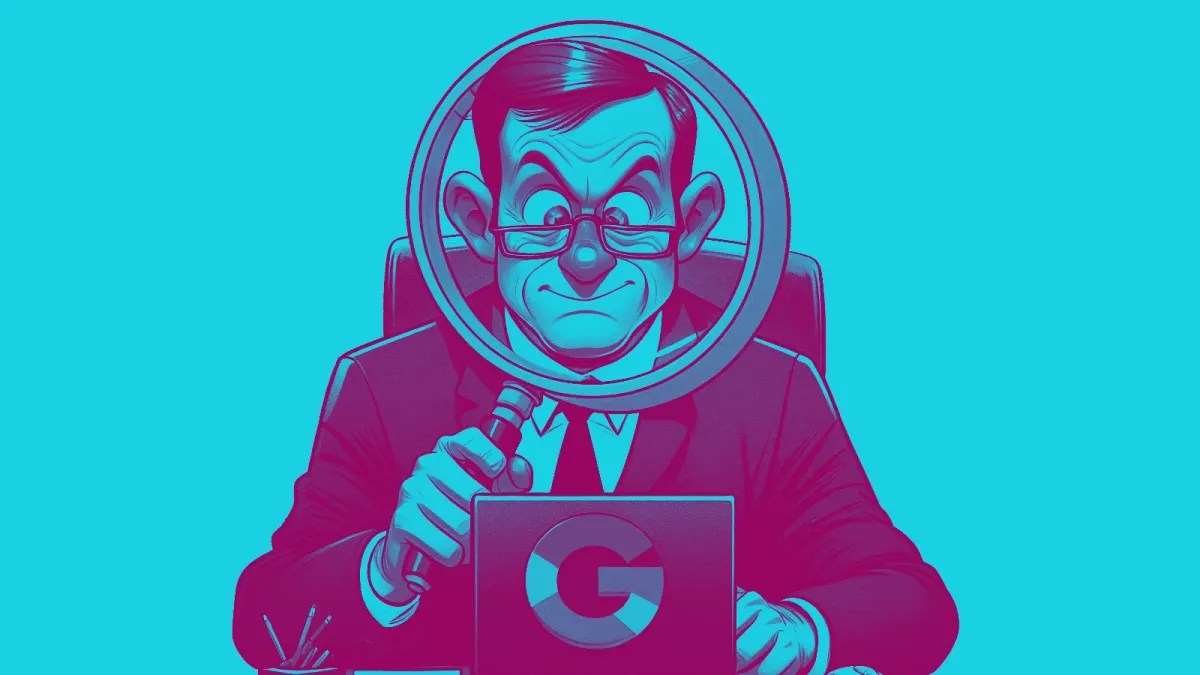
On March 20, 2024, the French Competition Authority (Autorité de la concurrence) announced a €250 million fine against Google for failing to comply with commitments made regarding licensing agreements with French publishers. This decision stems from a long-running dispute concerning the compensation of news publishers for displaying and linking to their content in Google search results.
The European Union's 2019 Copyright Directive introduced the concept of "related rights" for news publishers. This grants publishers the right to control how their content is used online by platforms like Google. Following this directive, French law was adapted in July 2019 to establish a framework for negotiations between publishers and digital platforms regarding compensation for online content display.
The dispute between Google and French publishers arose from disagreements over these negotiations. Publishers argued that Google did not offer fair compensation for their content, hindering their ability to generate revenue and invest in quality journalism.
Timeline of Events and Google's Actions
- April 2020: The French Competition Authority issued interim measures requiring Google to negotiate with publishers in good faith and establish a compensation framework
- July 2021: Google was fined €500 million for non-compliance with the initial measures and ordered to resume negotiations with publishers under penalty payments
- June 2022: Google proposed a framework for compensating publishers. The French Competition Authority conditionally accepted this framework for a five-year period.
- March 2024: The French Competition Authority fined Google €250 million after finding it had not followed through on its commitments within the accepted framework.
Implications for marketers and the future of online news
This ongoing saga has significant implications for both marketers and the future of online news.
Impact on Marketers: The decision could potentially affect how Google displays and prioritizes news content in its search results. Marketers who rely on organic search traffic from news websites should stay informed about any developments that might impact their visibility.
The Future of Online News: The dispute highlights the ongoing tension between news publishers and large tech platforms regarding content ownership and revenue generation. The outcome of this case could set a precedent for similar disputes in other countries.
It remains to be seen how Google will respond to the latest fine and whether it will reach a satisfactory agreement with French publishers. This case underscores the evolving landscape of online content ownership and compensation, with potential implications for the entire digital advertising ecosystem.
News publishers, especially smaller outlets, face a constant struggle for discoverability in the digital age. They often find themselves reliant on the whims of Google's search algorithms to surface their content and social media giants like Facebook to drive traffic. This dependence creates a precarious situation, leaving publishers vulnerable to changes in platform policies or algorithm updates. The French Competition Authority's decision regarding publisher compensation with Google offers a glimmer of hope. If it leads to a more balanced way of displaying news content and a more sustainable revenue model for publishers, they might not need to rely as heavily on these platforms. This could empower news organizations to build their own loyal audiences directly, fostering a more diverse and independent online news ecosystem.
While the French decision offers a potential path towards a more balanced online news ecosystem, recent developments suggest achieving this might be an uphill battle. Google's reported prioritization of its own Search Generative Experience (SGE) alongside platforms like Reddit and Quora in search results. This could potentially further marginalize smaller, independent news publishers who don't fall under SGE or rely on traditional search ranking factors. The fight for discoverability for news publishers appears to be a complex one, with the French decision just one piece of a larger puzzle.

